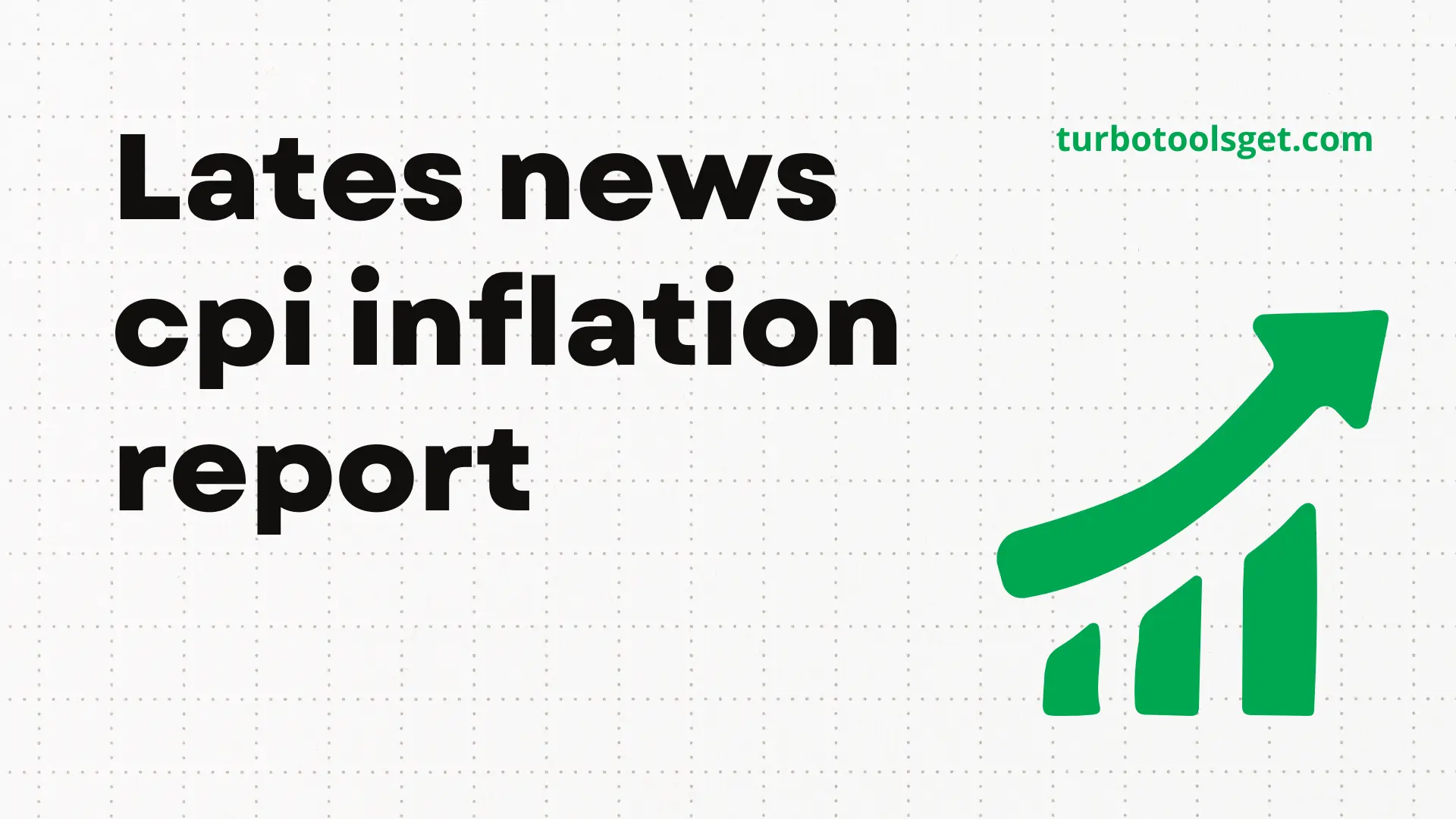How should a beginner start trading?
Table of Contents
Educate Yourself
Knowledge is everything in trading. Before you ever make your first trades, spend the time to figure out how to trade. Understand key concepts like:
Financial Markets: Understand the different types of markets, including stocks, bonds, forex, commodities, and cryptocurrencies. However, there are two crucial points to consider, firstly, every market has its own characteristics and behaviour.
Know some trading lingo: Learn some vocabulary to understand what is going on when you are operations such as bid-ask spread, leverage, margin, stop-loss, and take-profit orders.
Cost-effective Analysis: Learn reviews an alignment of organization money or industry changes monetary condition.
Fundamental Analysis: Learn how to assess industry trends, news events and market sentiment to make informed trades.
There are plenty of resources to help you learn,
Online Course: There are tons of online course providers like Coursera, Udemy, Investopedia Academy, and so on. Articles and forums, Quora; PAY: Book series by pros in the trading and investing world.
Financial News Websites and Blogs: web pages and blogs with financial news are another great source of fresh information concerning the market. Most brokers offer demo accounts, where you can test out your strategies without risking any real money.
Develop a Trading Plan
Understanding your plan and following it from the beginning is key to forming consistent success. And, it provides rules to follow, which include your trading goals, trading people, risk tolerance, and money management rules. Here’s what your trading plan should include.
Your Trade Objectives: Your goals they seek strive for the final goals or ultimate objectives you want to achieve, and where does trading settle in that process.
Trading Style: Define your choice of a trading style — eg day trading, swing trading or long-term investing.
Risk Management: Set Your Risk & Capital Amount
Money Management: Set parameters for position sizes, stop-loss orders and profit targets;
Rules for Trading: Write down rules as to when and where to enter or exit trades based upon what your analysis shows.
Choose a Broker
Before you actually make any trades the first thing you have to do is decide on a reliable broker. Here are some things to consider when choosing a broker. This secures your funds and adds peace of mind while trading with that broker.
Think about your Trading Platforms: If you're utilizing a trading platform, make sure they offer your simple-to-navigate trading platform with a lot of features.
Fees and commissions: Understand a broker’s fees, commissions and spreads compared. Look for a broker with responsive and efficient customer service.
Research and education: Some brokers offer research tools, educational resources and market analysis.
Start Small and Practice
Trade only with small amounts of money that you are willing to lose! This allows you the freedom to try out and refine your skills without the risk of large losses. You learn without risk but bet your money you gain experience.
Manage Risk
First and foremost, in intraday trading, risk management is key. These risk mitigation techniques must be performed by student:
Position Size: Determine the proper position size of each trade based on your risk tolerance and money management principles. Use the stop-loss orders to limit the losses of any trade you make.
Diversify your investments: Diversify across different assets and markets to reduce risk overall.
Do not give in to your feelings: Do not make the light of your analysis on trading, and also trade without feelings, such as fear or greed.
Stay Disciplined and Patient
The Ultimate Guide to Trading Discipline and Patience Do not trade on emotions and follow your trading routine. Reject greed or letting feelings cloud your judgment. Read More: Trading Is a Marathon, Not a Sprint
Continuously Learn and Adapt
But the knowledge you gained should never age, it should be updated regularly. Follow them for the latest on the market trends, new strategies for trading and risk management. Look for where you could improve on your trades, then amend your strategy.
Seek Guidance
Or reach out to experienced traders or financial planners as needed. They can provide valuable insights, save you from well-trodden mistakes, and accelerate your learning curve.
Be Realistic
The preparation that is necessary to trade is not a quick win. It requires time, effort and commitment to master the skills and knowledge needed to succeed. Don’t aim too high and don’t even go by p romises of guaranteed winnings.
Keep Records
You must keep a trading journal recording each of your trades including your entry and exit points, the size of your positions, your profits and losses, special notes, etc. This allows you to track the progress, investigate performance, and improve further. It may be a lot for you to take as a beginner to start trading, though follow these steps, you are anticipated to succeed. Of course, trading is risky, so you need to trade in a disciplined way and learn continually.
RIZVE MAMUN
CEO / Co-Founder
Enjoy the little things in life. For one day, you may look back and realize they were the big things. Many of life's failures are people who did not realize how close they were to success when they gave up.






